Background checks are a common task for a private investigator. There are many reasons why one might be necessary, especially in cases of missing persons or fraud. In today’s blog I’m talking about what background checks involve and why they’re important.
Speaking broadly, background checks are common when applying for credit, renting a home/office and even when applying for a new job. It’s important for employers and financial institutions to be able to identify you correctly, and gauge your suitability based on your history. This is particularly important for roles in a position of power, importance or influence, such as hospitals, banks, airports and governments.
The reason for screening determines what information will be requested, but the most common details are name, current address, date of birth and address history for the last three years. Sometimes National Insurance number is also required. These are all to prove your identity and allow access to your record. While the result can vary based on the type of check, in the main a background check gives the searcher full view of your employment, financial and/or criminal history.
A brief search of your financial and criminal history is commonplace, and such a small amount of information is needed to conduct the search that they often become overlooked as simply procedure. However, when in the wrong hands this innocuous-seeming data can be dangerous. Understanding what is required for a background check is the first defence against such issues.
Credit checks
Credit checks are reports that contain your sensitive information such as address history, NI number, finances such as credit cards and accounts and an adverse history like defaults, late payments and bankruptcy.
These checks determine your suitability to obtain credit based on your reliability to pay it backs. Estate agents and landlord also complete credit checks to ensure you’re able to afford to rent a property.
A recent update to the Consumer Credit Act means that you can view your credit report for free from the likes of Equifax, Experian and Noddle.
Employment checks
There are several different checks an employer can conduct prior to employment, the most common are referencing and CRB or DBS checks.
Employers can investigate a variety of different information about their applicant, including credit, employment history, to driving records any proven or suspect criminal activity.
Before any of these checks place, the employer must obtain written consent from the applicant to access their history. A third-party company must be used, and they must be authorised by the FCRA (Fair Credit Reporting Act). Refusal to undertake such checks will likely result in employment not being offered. If the check brings up anything that the employer deems a reason to not offer employment, it is the applicants right to view the report and contest if applicable.
Legally, you cannot be denied a job based off your criminal record, but the employer must take into consideration the nature of the offence, when it occurred, and if/how it related to the position applied for.
DBS, also known as CRB checks are a more specific and pinpoint activity involving children and other vulnerable people. This helps the employer ascertain whether the applicant can work around them safely.
Referencing checks are also important to employers as they prove employment history and determine your suitability to the role. So, don’t lie on your CV, you will be found out.
How to prepare
A background check needn’t be a shock or something to be concerned about. Your history won’t be searched for no reason, so you will know if one is coming. There are many ways to be prepared beforehand to ensure no issues arise.
Firstly, be honest. If you think there is anything untoward that might come up in your record, be honest about it. It’s better to be upfront about anything, as they will find out anyway.
Keep on top of your credit report and ensure your finances are always in order. Always make payments on time and keep within a reasonable amount of borrowing.
Now social media is a part of everyday life, we’ve become accustomed to posting everything we do and think. However, your social media presence will be under scrutiny as part of a background check.
By checking your profiles and a simple Google search, you can find out a lot about a person. With this in mind, keep your social presence clean and polite, or set all accounts to private.
